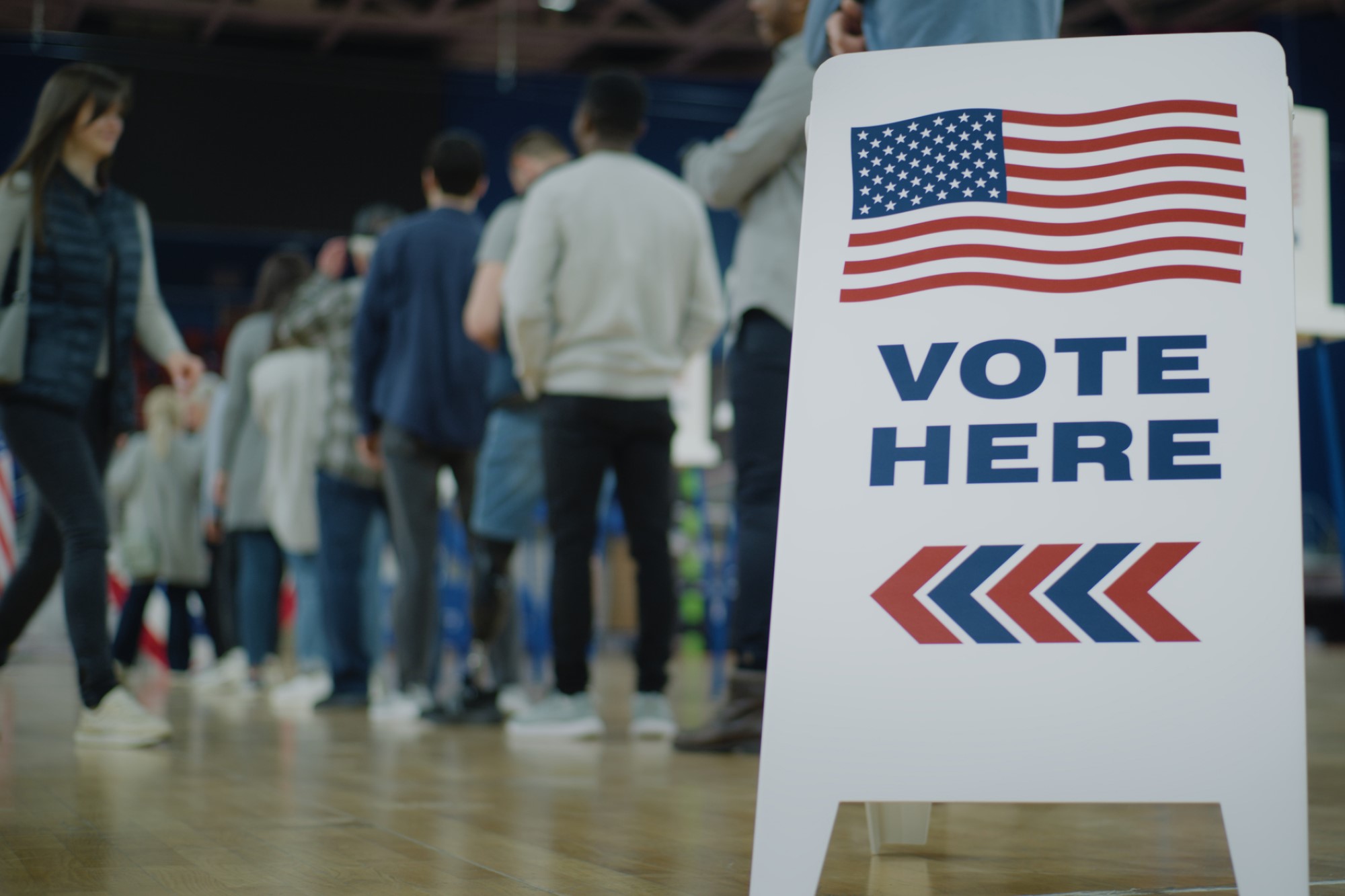Twitter, Transparency, and National Security
Government surveillance is a political hot topic, and Twitter has now taken its stand on it. The company has decided to sue the U.S. Government about a law that does not allow the company to release the number of national security requests for information it receives. The company argues that the government’s restriction of disclosure of figures related to national security letters and Foreign Intelligence Surveillance Act court orders infringes on their First Amendment rights. An adjustment was made to the government policy against releasing these numbers earlier this year after a lawsuit by Google, Facebook, LinkedIn, Yahoo, and Microsoft. The change allows companies to identify which range of numbers their requests fall into. A company could say if they received between 0-999 requests, but not the exact number, even if that number was zero. Twitter wishes to release a full transparency report that gives specific numbers to show the “scope of government surveillance;” since most Twitter posts are public anyway, Twitter says it does not receive as many requests and would like to show proof to its users. Social media users on multiple platforms have been concerned about their information’s privacy, hence the lawsuits by online media companies.
The FBI has blocked Twitter’s report from being released, which Twitter claims blocks their right to free speech. Since the report would have to be edited to be released, Twitter says that their speech is being controlled or completely silenced due to government restriction. However, the Justice Department has remarked previously that transparency about its methods of gathering information on security threats decreases their efficacy. If potential threats are aware of how the government collects information, it becomes harder for the government to collect information crucial to security and prevent potential security risks. The government has also been more transparent by releasing documents on NSA surveillance programs, so not all surveillance related proceedings are kept from the public.
Could allowing social media companies to release exact figures harm the government’s ability to discretely collect information on threats? Should the government allow disclosure of the exact number of requests social media platforms receive about security? Are Twitter and other online media companies justified in suing the government? Let us know in the comments.




